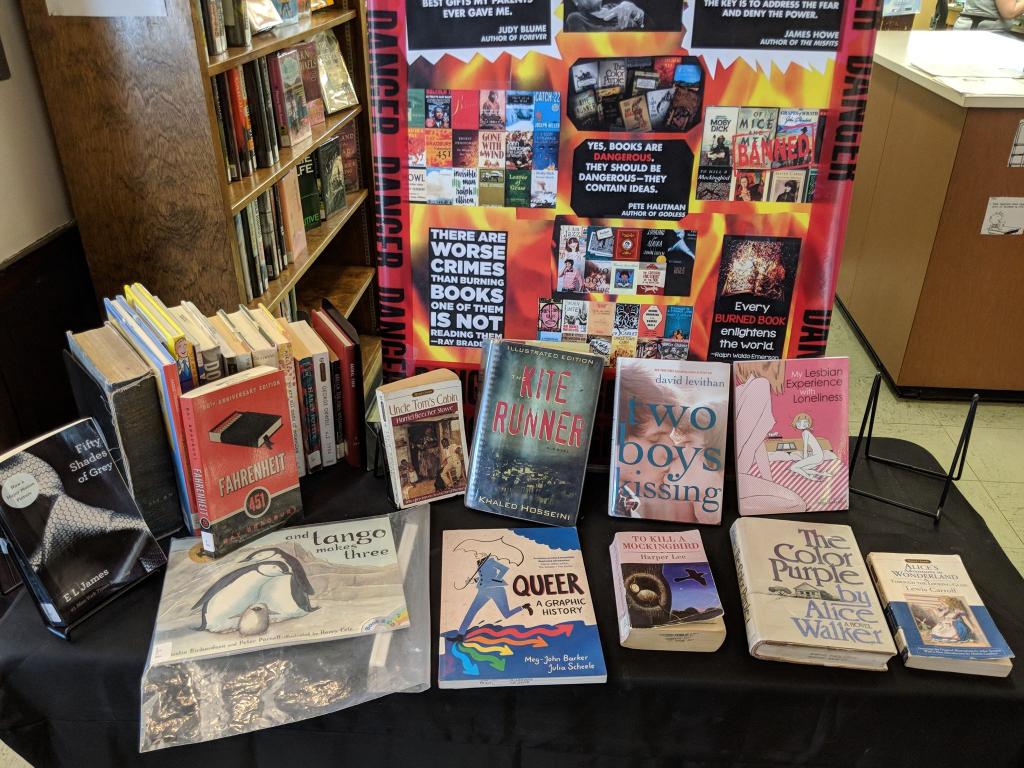
It’s also a handy resource for other kinds of research. It’s a pillar of the humanities’ growing engagement with Big Data.
#MY LIBRARY BOOK FULL#
In fact, academics now regularly tap into the reservoir of digitized material that Google helped create, using it as a dataset they can query, even if they can’t consume full texts. That assessment may be technically true, but many librarians and scholars see the legacy of the project differently. And though the same judge ultimately dismissed the case in 2013, handing Google a victory that allowed it to keep on scanning, the dream of easy and full access to all those works remains just that.įor more surprising stories at the intersection of tech and education, subscribe to the EdSurge Podcast, a weekly look at how education is changing.Įarlier this year, an article in the Atlantic lamented the dismantling of what it called “the greatest humanistic project of our time.” The author, a programmer named James Somer, put it like this: “Somewhere at Google there is a database containing 25 million books and nobody is allowed to read them.” A settlement that would have created a Book Rights Registry and made it possible to access the Google Books corpus through public-library terminals ultimately died, rejected by a federal judge in 2011. An epic legal battle between authors and publishers and the internet giant over alleged copyright violations dragged on for years.

It got part of the way there, digitizing at least 25 million books from major university libraries.īut the promised library of everything hasn’t come into being.

That’s what Google dreamed of doing when it embarked on its ambitious book-digitizing project in 2002. It was a crazy idea: Take the bulk of the world’s books, scan them, and create a monumental digital library for all to access.


 0 kommentar(er)
0 kommentar(er)
